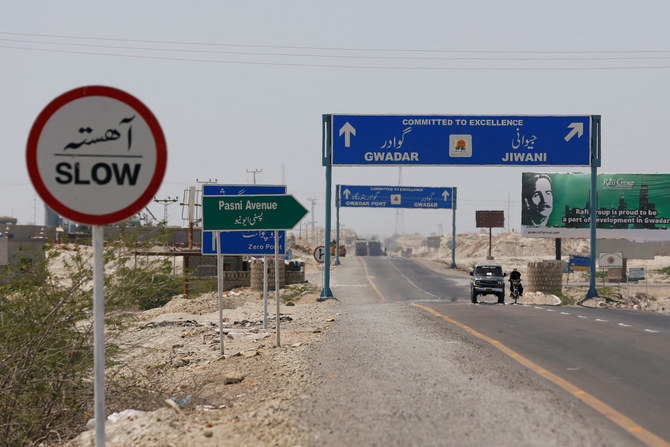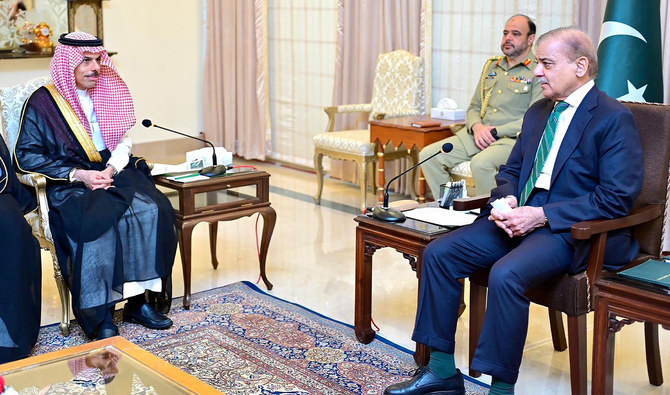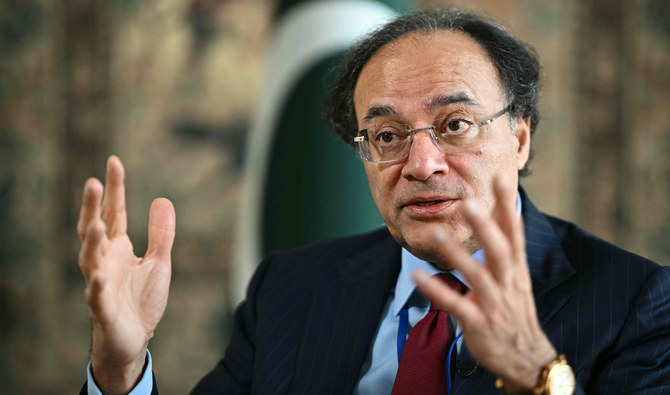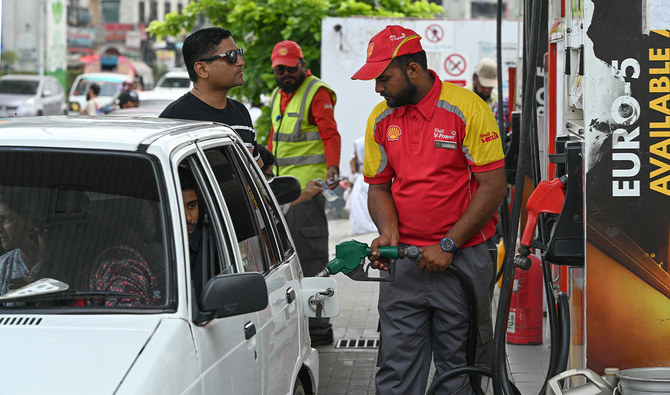KARACHI: In Pakistan’s southwestern Balochistan province, between 6,000 to 8,000 people die each year in accidents on single-lane roads nicknamed ‘killer highways’ that spread over thousands of miles, according to the provincial police chief of motorways.
Balochistan, a mountainous, desert region bordering Afghanistan and Iran, is Pakistan’s largest but most impoverished province, with a staggering 40,000-kilometer network of road infrastructure. It is also the epicenter of the $64 billion China Pakistan Economic Corridor (CPEC), a road and infrastructure development plan that aims to ultimately provide the shortest route for Chinese cargo headed for the Middle East, Africa and Central Asia.
Major roads are slated for construction under CPEC, including the road from Balochistan’s Khuzdar district to the Chinese-funded, deepwater port of Gwadar.
But for now, the absence of dual carriageways, inadequate training of drivers and lack of patrolling mean thousands continue to die on Balochistan’s roads each year.
“Roads accidents kill between 6,000 to 8,000 people annually in Balochistan,” Balochistan’s Deputy Inspector General (DIG) of Motorway Police, Ali Sher Jakhrani, told Arab News. “The highways of Balochistan are killing more people than terrorism has been killing in the entire country during its peak.”
“We have been rightly spending billions of rupees to fight terrorism,” he added. “But how much do we spend on protecting the thousands who lose their lives in traffic accidents in Balochistan province?”
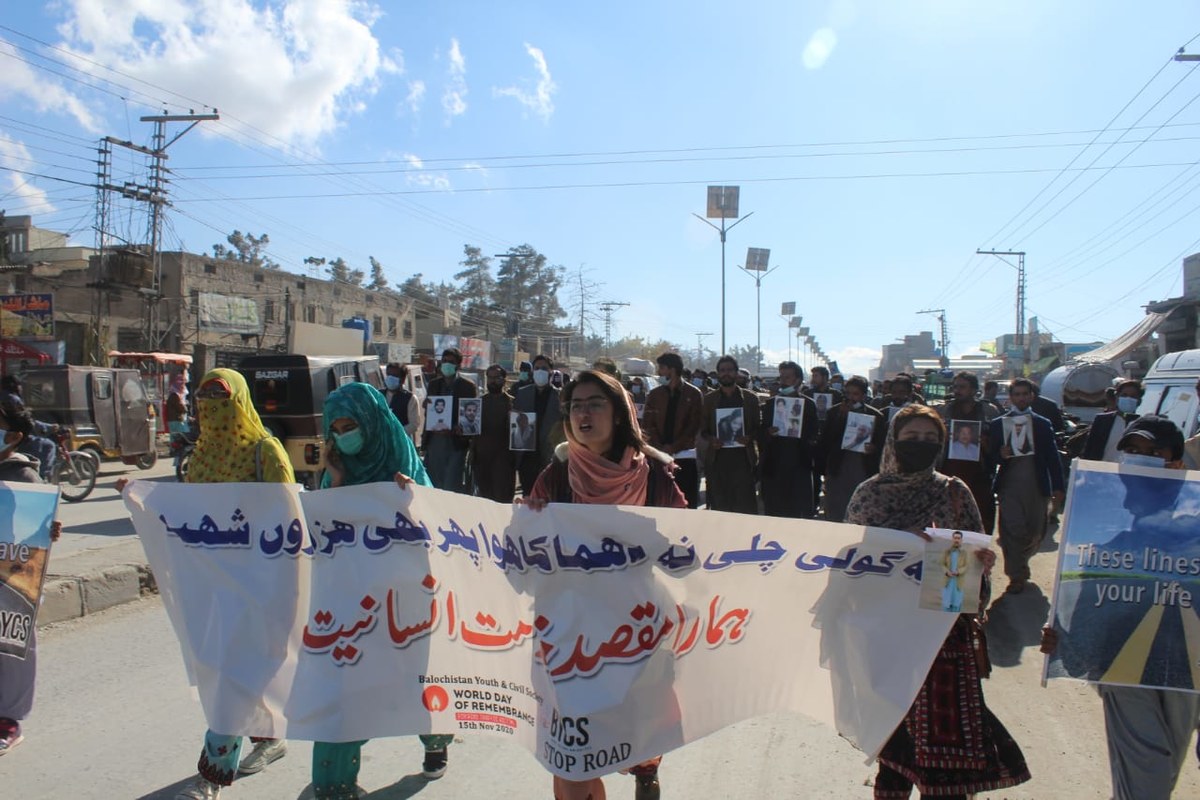
Activists march to raise awareness about road safety on the eve of World Day of Remembrance for Road Traffic Victims in Quetta, Pakistan, on November 15, 2022 (Photo courtesy: Balochistan Youth and Civil Society)
According to the National Road Safety Strategy 2018-2030, a report administered by the Asian Development Bank and citing police data, 6,548 people had died at the scene of an accident on Pakistan’s roads in 2016, of which 355 fatalities happened on national highways and 6,003 on provincial roads.
“In Pakistan, 9 out of every 10 fatalities occurs on a provincial road,” the report said. “There is general agreement that these figures are a significant under-estimate, with the highest level of under-reporting on provincial roads.”
According to figures compiled by another source, a local NGO called the Balochistan Youth and Civil Society (BYCS), in the last six months, 744 people were killed and 8,157 wounded in 5,451 road accidents in the province.
Najeeb Yousaf Zehri, the 28-year-old founder of BYCS, started campaigning for wider roads in the province after an over-speeding truck collided with his car on a single lane highway as he drove his family to Khuzdar from Quetta in 2013.
“I still remember the noise of silence in my ears,” Zehri said. “My head was bleeding and my eyes were full of mud.”
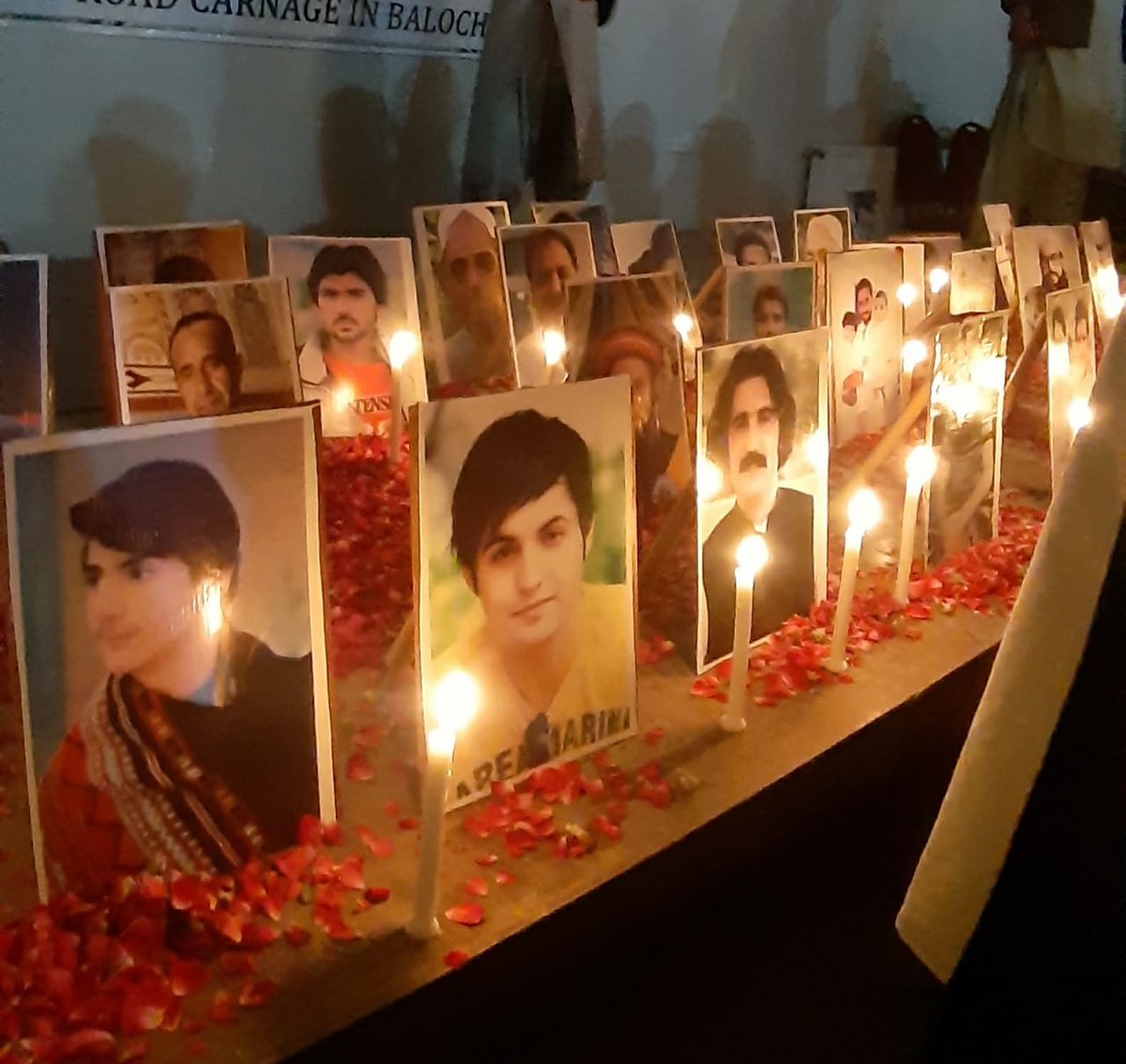
Activists march to raise awareness about road safety on the eve of World Day of Remembrance for Road Traffic Victims in Quetta, Pakistan, on November 15, 2022 (Photo courtesy: Balochistan Youth and Civil Society)
Data collection was the most painstaking part of his job, Zehri said, and in the absence of a centralized data bank on road accidents in the province, he had to gather figures from several sources: newspapers, Edhi centers, local journalists, medical relief centers and hospitals.
A Balochistan government spokesman, Liaquat Shahwani, told Arab News that the province was now taking steps to ensure road safety, which included making the Quetta-Karachi highway into a dual carriageway.
“Bids have been invited for a feasibility study by the federal government,” Shahwani said, adding that the Zhob to Quetta highway and eleven more intercity roads would also be constructed soon.
The Balochistan government has also decided to install trackers in buses to control speeding, Shahwani said, with 14 medical emergency response centers set up.
But promises to improve road safety have been made before, without resources being diverted, the provincial motorways’ chief said.
The federal minister for communications, Murad Saeed, did not respond to queries by Arab News.
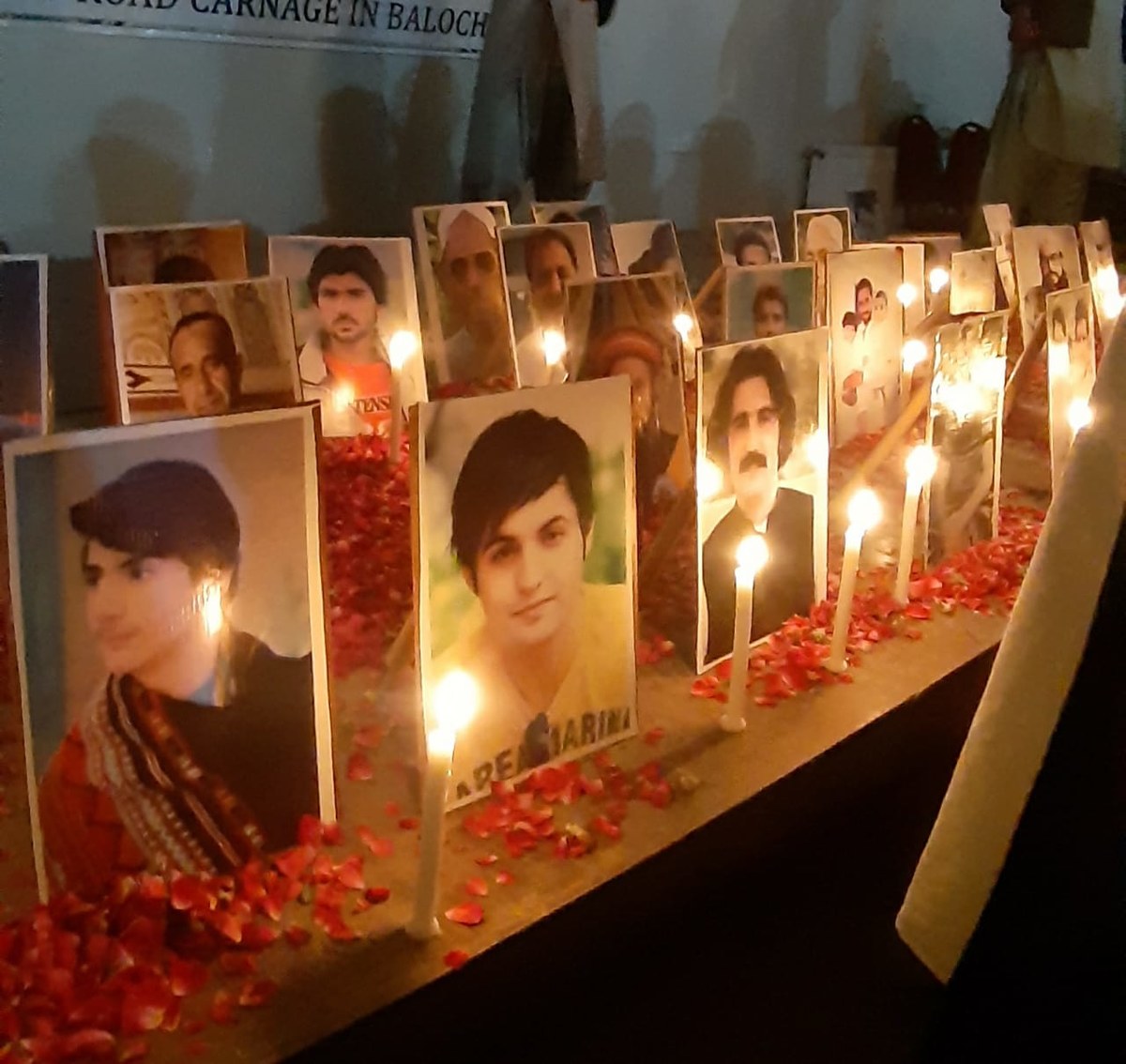
Activists march to raise awareness about road safety on the eve of World Day of Remembrance for Road Traffic Victims in Quetta, Pakistan, on November 15, 2022 (Photo courtesy: Balochistan Youth and Civil Society)
“We get 25 percent of what other provinces get for patrolling [roads],” Jakhrani said, adding that motorway police in the province only had eleven percent enforcement on highways from sunrise to sunset due to a lack of human and monetary resources.
“Motorway police can cover only 300-kilometer distance of the 813-kilometer long Regional Cooperation for Development Highway (RCD) that starts from Karachi and ends at the Chaman border,” he said. “And we only have enforcement on 150-kilometer of the 653-kilometer long NA-10, the highway connecting Karachi with Gwadar.”
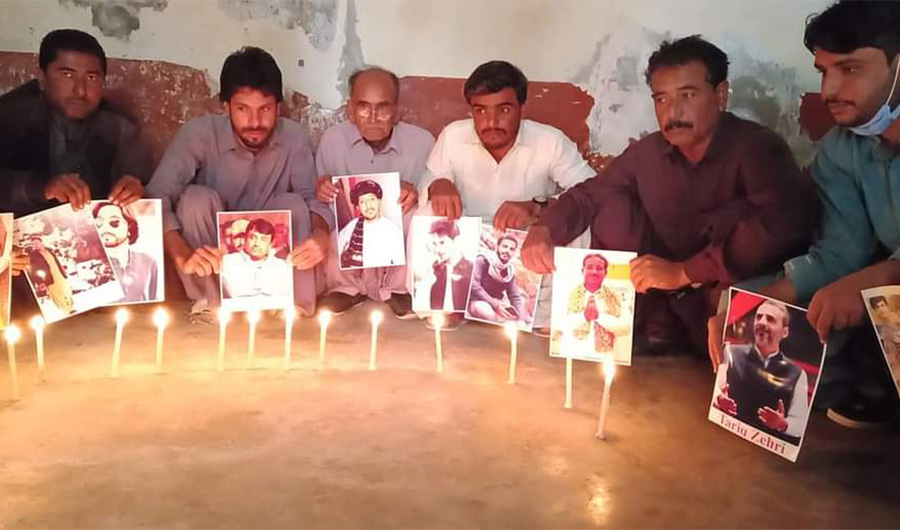
Activists hold a vigil to remember victims of traffic accidents in Quetta, Pakistan, on November 15, 2022 (Photo courtesy: Balochistan Youth and Civil Society)
Global best practices call for a 14-hour rule for drivers of commercial vehicles, with a mandatory break after an eight hour stretch of driving.
But there is no way to patrol thousands of kilometers of Balochistan’s massive road networks with the province’s limited police manpower.
“Especially on the Quetta-Karachi road, the drivers drive for up to 72 hours without any proper rest,” Jakhrani said. “The drivers are untrained and they learn only from the accidents at a huge human cost.”



